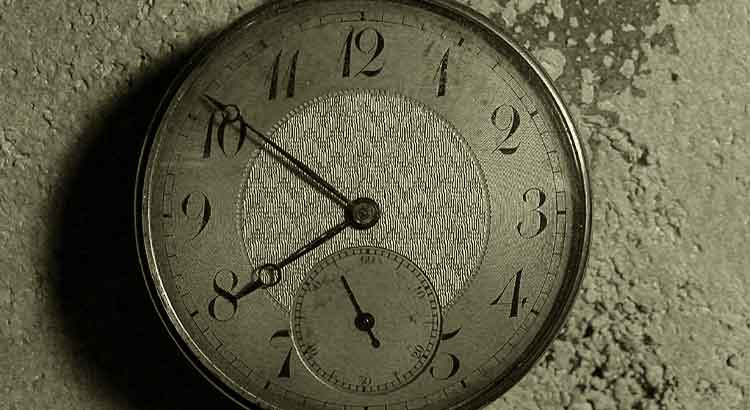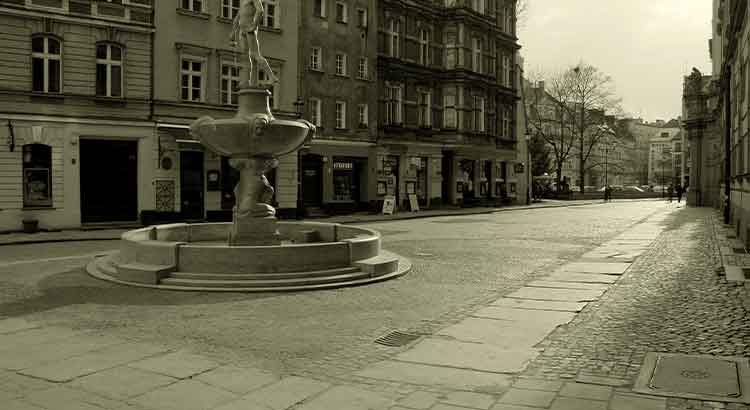Particularly, I restrict my art to themes that I consider to be timeless. This, in other words, means that I flatly refuse a detailed analysis of the values of this time, because I do not want to infest my literature with such a despicable and despicable moral. One will do well in the future if one never pays attention to the sociological-moral currents that this century has spawned, which are nothing but shamefully infamous ideologies, stupid lapses in the history of human thought.
Tag: literature
Commitment Set in Stone
The advantage of these notes is that through them I can methodically capture and record ephemeral impressions that I experience while reading, sleeping, or composing, and that would probably be wasted. On the other hand, I already enjoy myself because I know, as I lap them up, that I am often rushing. It does not matter. I read a passage, I have an idea: this idea will become a note; this is a commitment already engraved in an imaginary stone. Analyzing coldly, I believe that these prose lines are the concretization of a rigorous method of mental utilization.
Ah, If I Wanted to Be Part of a Club…
Ah, if I wanted to be part of a club, of a “school”, of a congregation! After becoming aware of Antero’s existence—whom I could even fantasize as a past existence, seeing how much I have catechized myself in these philosophies—I could easily take upon myself to “continue what he did not finish”, “rescuing” his “values”, searching for his disciples coeval to me, etc., etc. So, perhaps, I could never be Antero—someone who martyred himself by giving in to the relapses of that feeling which, for an unusual mind like his, must be exterminated for the sake of peace.
Antero de Quental and Cesare Pavese
In Cesare Pavese’s diary, suicide can be easily glimpsed since we find, first, the suicidal idea that appears repeatedly as a solution, and, second, temperamental oscillations that cloud the reason. In Antero de Quental, the picture is completely different. Antero is, among other things, a stoic—and this implies both the ability to accept reality and the ability to control himself. In Antero, despite the atrocious psychological conflict, we find reason taking the reins of instinct, and from this it follows that the spirit, accustomed to sharp oscillations, is also accustomed to converting them into fruitful impulses through meditation. How, at the age of forty-nine, could Antero commit suicide? On the one hand, it seems obvious to me that we are all subject to the susceptibilities of the race; on the other hand, it seems erroneous to want to attribute common causes to an uncommon man.



